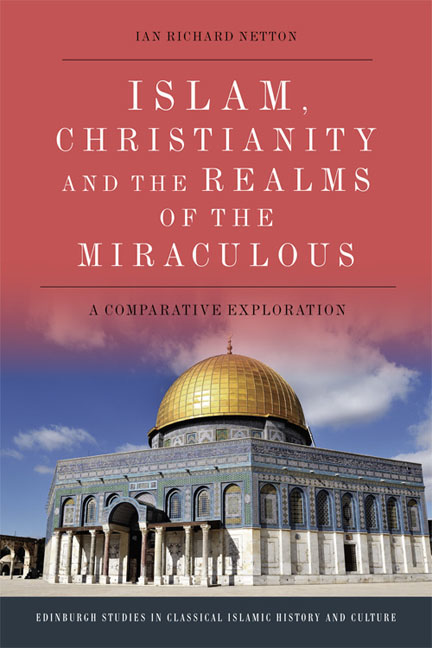Foreword
Published online by Cambridge University Press: 18 December 2019
Summary
The subject of miracles has seized both popular and scholarly imaginations from early times to the present. The year 2017 provided added interest with a major, and much-praised, exhibition and a major workshop. The exhibition, entitled Madonnas and Miracles, was held at the Fitzwilliam Museum in Cambridge from 7 March to 4 June 2017. In the words of the catalogue, the exhibition ‘reveal[ed] the significance of the home as a site of religious experience in the period. From visionary “living saints”, who conversed with the divine in their chambers, to ordinary laypeople who prayed the rosary before bed, to those who read heterodox books by the hearth, men, women and children practised religion in the home in a variety of ways.’ As the exhibition showed, the Italian Renaissance was in love with all things miraculous.
On 23 May 2017 SOAS, University of London, held an excellent, thought-provoking, workshop entitled Seeing is Believing: Miracles in Islamic Thought. This well-attended workshop was sponsored by the British Association for Islamic Studies (BRAIS) and hosted by the Department of the Near and Middle East, SOAS. Its two conveners were Dr Ayman Shihadeh and Dr Harith Bin Ramli. The workshop's subjects ranged far and wide from a consideration of what God can actually do through a discussion of the evidence for Prophetic miracles to an analysis of prophecy in Messianic times.
This present volume of mine is the third in a comparative Islamic– Christian trilogy which seeks to present and explore various major aspects of these two world religions in dynamic contrast. The first volume focused on tradition; the second concerned itself with the mystical arena. This third volume completes the trilogy by an examination of the field of miracles in the Islamic and Christian traditions.
Bernard Lonergan's seminal work Method in Theology may today appear somewhat dated. Nonetheless, it was valuable, and remains valuable, in that it presented a new and coherent series of taxonomies whereby the diverse fields of Christian theology might be inspected and rigorously interrogated. It did, however, focus primarily on method as its title implies. Lonergan stressed this methodological orientation when, referring to miracles, he wrote: ‘The possibility and occurrence of miracles are topics, not for the methodologist, but for the theologian.’ He thereby excuses himself from a full theological investigation of miracles in this work.
- Type
- Chapter
- Information
- Islam, Christianity and the Realms of the MiraculousA Comparative Exploration, pp. vii - xPublisher: Edinburgh University PressPrint publication year: 2017



